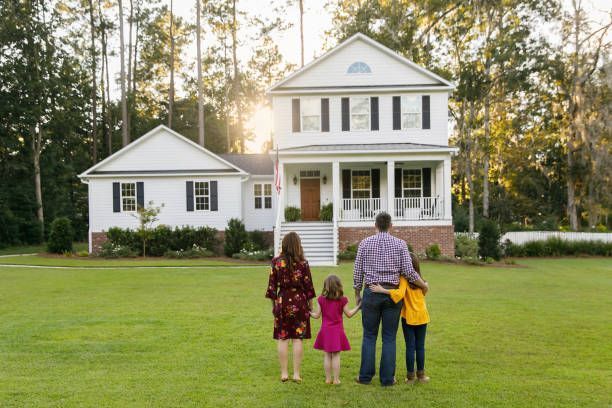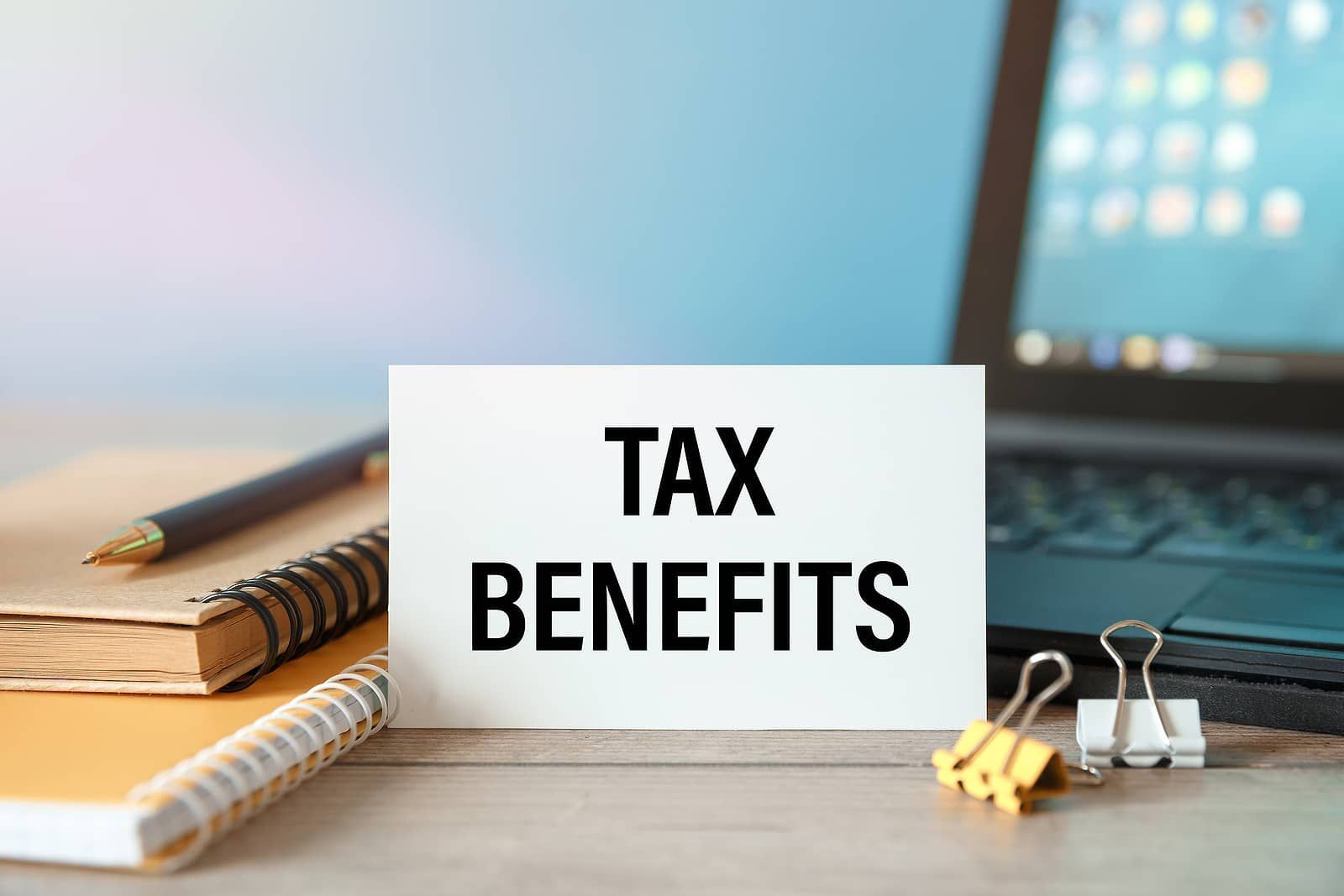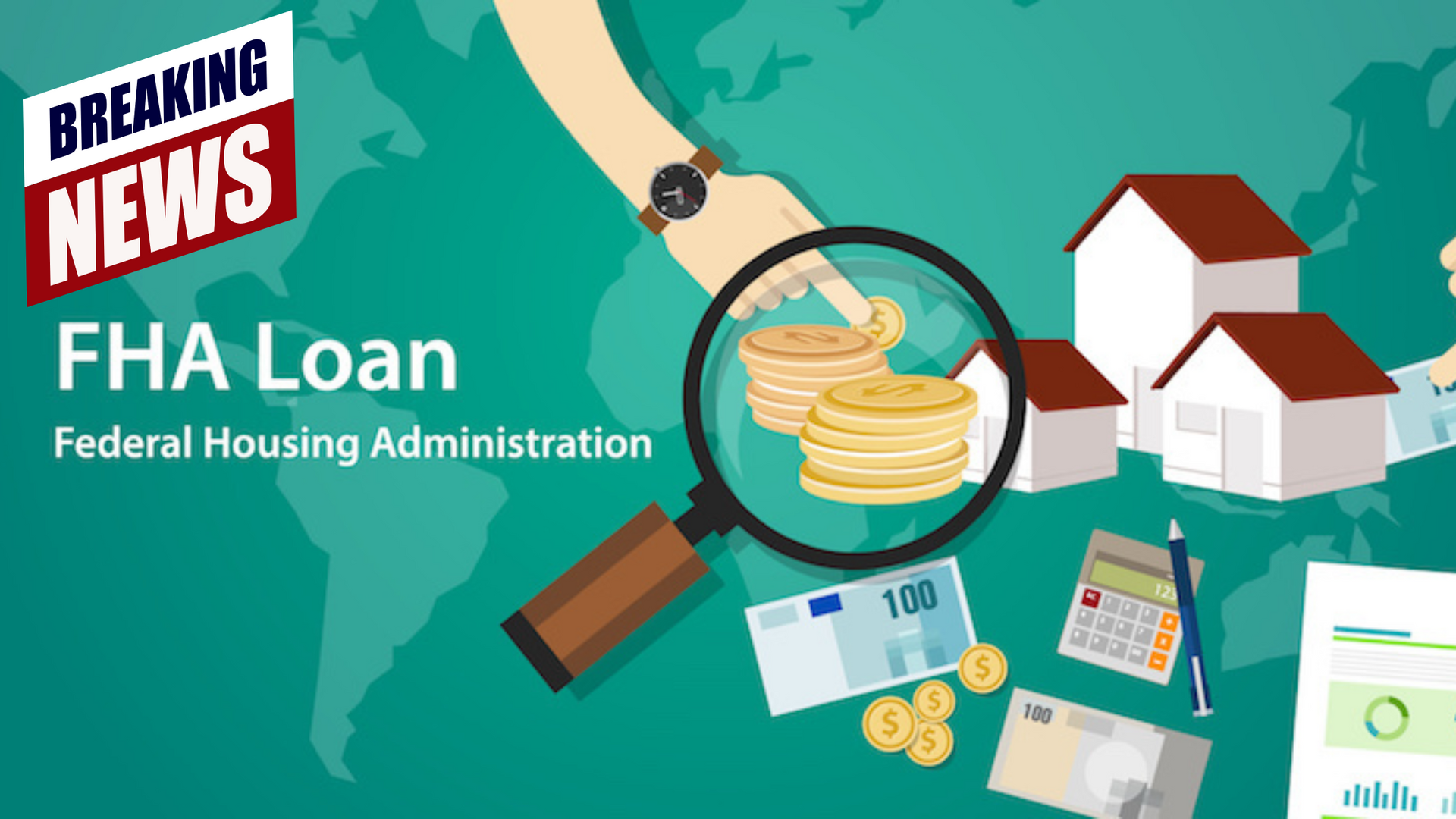Every week we release educational videos related to hot topics in the mortgage industry on YouTube.
Subscribe to our channel to stay in-the-know!
First-time homebuyers may not be aware of all the hidden costs during the home-buying process. Learn what to expect in this guide.
Whether a first time or seasoned homebuyer, you want to make sure that you do not run into unexpected hidden costs when purchasing a home.
Purchasing a home is considered by many to be one of the
best investments that a person can make. Being informed will be sure that you have all the information you need to take that next step.
Most people want to determine closing cost fees in term of a percentage. This can be challenging, since it depends on what your loan amount is to determine an exact percentage. But for the sake of the article, we could say anywhere from 2% to 5% of your loan amount is the total of all fees to be paid at closing.
Whether paying cash for a home, or obtaining financing through a mortgage, you should consider negotiating with the seller to give a credit toward your closing costs. This can be done with your real estate agent at the time you make the offer to purchase the home.
PMI, better known as Private Mortgage Insurance, is generally required on Conventional loans that have less than a 20% down payment. Here is a video on how this PMI is calculated. It is later able to be removed, once the home owner meets certain qualifications.
What are closing costs? Closing costs are fees charged by entities that are involved in closing on your home purchase. Even if a person pays cash for a home, there are closing costs. The most common closing costs are for the lender, if applicable, title company, recordings, attorneys, appraisals, surveys, local and or state taxes as applicable just to name a few. Here is a link to the CFPB website, better known as the Consumer Financial Protection Bureau, explaining customary closing cost fees.
Most people want to determine closing cost fees in term of a percentage. This can be challenging, since it depends on what your loan amount is to determine an exact percentage. But for the sake of the article, we could say anywhere from 2% to 5% of your loan amount is the total of all fees to be paid at closing.
Whether paying cash for a home, or obtaining financing through a mortgage, you should consider negotiating with the seller to give a credit toward your closing costs. This can be done with your real estate agent at the time you make the offer to purchase the home.
Property taxes are an important source of income for local municipalities and school districts. The property tax rate will vary for every state, county, city and even neighborhood. Property tax can be a cumulation of tax for the county, city, emergency services, school districts, water districts , etc. In general, the more your home is valued, the more you can expect to pay in property taxes.
Be cautious relying on online calculators to calculate tax. In many cases, these online calculators are wrong, as they pull in as is data floating around online. The actual property tax will catch up to current values when you purchase it, versus what the seller may actually be paying now. Every state and county has a different way to calculate property tax, so relying on your local realtors and local lenders is a great way to continue to educate yourself on how to calculate in the areas you are searching.
The main hidden fee to know about here is that property taxes tend to rise over time because home values do as well. As your town or city's budget grows, so does the need for revenue through property tax. This can be a good thing for your home investment, if you plan accordingly. However, as the values and property tax will rise, so will your future mortgage payment.
The payment is typically folded into the mortgage bill that you can expect to receive every month by what is called an escrow account. If you put more than 20% down at closing, or paid cash, you might have chosen not to have the lender handle payment of your property taxes through escrow.
The mortgage lender will evaluate your mortgage payment annually to determine if too little or too much is being collected, and adjust your payment accordingly.
Every county across the nation likely has a process in which to protest property tax values yearly. When you purchase, be sure to ask your realtor, lender or title company what this process is, so that you know how to act accordingly each year as the property taxes are reevaluated.
When carrying a mortgage loan, homeowners insurance is mandatory. Basic insurance is against fire perils, but in some areas of the country can also mandate you carry flood insurance, tornado, earthquake and/or windstorm.
There is also a special policy for rental properties called rent loss insurance. These costs can add up, and will be determined on the house you buy, in which area. Be sure to ask the realtor or seller of the known insurances they are required to carry, this way you are not surprised at closing when it is being required by the lender.
Just as with property tax in the section above, homeowners and other insurances can be severely miscalculated online. It is best to talk to a local lender as quickly as possible to find out what that local area usually requires in coverage.
PMI, better known as Private Mortgage Insurance, is generally required on Conventional loans that have less than a 20% down payment. Here is a video on how this PMI is calculated. It is later able to be removed, once the home owner meets certain qualifications.
If you are obtaining an FHA loan, MIP is required, which stands for Mortgage Insurance Premium and is calculated differently than a Conventional loan. On an FHA loan, regardless of down payment at the time of purchase, this insurance is required. This distinction is where some confusion often lies.
It is believed that all loans that reach the 20% equity point, meaning that the loan to value is less than 80%, will remove the MIP on and FHA loan later down the line as you either pay down the mortgage, or the home increases in value. This is actually not the case. The MIP, or Mortgage Insurance Premiums, on FHA loans is payable for the life of the loan, unless you put down 10% at purchase. If this is the case, you may request removal after 11 years of payments.
When you put an offer on a home with your realtor (and the seller accepts it), you will likely need to follow that up by an initial deposit with is better known as earnest money. As the name implies, earnest money is a sign of good faith, or earnest, on your part that you intend to follow through with the terms of the contract.
There are no laws detailing what percentage must be put down, but 1% is typical. You can even offer more than 1% as and additional sign of commitment, as may be needed during a multiple offer situation.
Earnest money is typically given within one to three days of the contract being fully executed, or signed , be both buyer and seller. This money is not an additional cost to buying a home, but better yet a deposit. As long as you fulfill the agreed terms of the contract, it will be applied to your monies due on closing day for down payment and closing costs.
So, you closed on your home. Congrats, you are a new homeowner!
Now you'll have to consider moving expenses. Does your current living situation, especially if you are renting, have any exit fees? If you are a current owner moving out of state, does your state have an exit tax?
What about the cost of professional movers or temporary storage that might be needed to move? More fees at the time of moving are deposits required to set up utilities. Gas, water , electricity, cable, and internet are the most common.
To set up these accounts, you will need to call possibly a week or two prior to your move in date. Be prepared to offer up a deposit, that could be higher if you do not have a credit score to indicate your ability to pay in a timely manner.
Some areas use zoning to control development in residential areas, while others require deed restricted communities, better known as Home Owners Associations.
These Associations in most cases require not only fees at the time of closing for transfer, and dues for the remainder of the year, but they have ongoing annual fees. These annual amounts can increase over time, according to how they are being governed by a board of directors, usually made of a volunteer group of your neighbors.
Annual dues to these neighborhoods are typically mandatory, but could be at will. At closing you should be provided the by laws and covenants of the community. Be sure to review them with your realtor, so that you know what your future responsibilities will be.
Owning a home is an amazing investment over time and definitely has many positive attributes. On going maintenance of your beautiful home will be required to protect your investment, and market value for a future sale.
This means that you should expect to upkeep things like exterior siding, lawn care, driveway and patios. If you have a sprinkler system, exterior gutters, pool maintenance, and garage doors. Inside your home are other maintenance items such as plumbing, light fixtures, air conditioners, heaters, smoke detectors, alarm systems, any smart home electric equipment. Although many of the items like painting, roofing, air conditioners, water heaters and underground plumbing only happen every 7-15 years, when they do happen, they are big ticket items.
The lists of common home fixes can be hard to estimate.
Here is a webinar I did with a seasoned property investor that could help you calculate some of these fixes. The cost will definitely come down to the home size, and also the amount of additional features in the home. Asking a seller for these approximate costs of upkeep will keep you from pitfalls later on.
First-time homebuyers have a lot to navigate as they prepare documents needed for pre-approval in Texas by working with a loan officer. I personally have helped thousands of families obtain mortgages since 1995. I would be honored to consult you further on your home buying journey.
At Loan with Jen, our mission is to help you own the home of your dreams. Contact Jen directly today!





All Rights Reserved | Jennifer Hughes Hernandez | Senior Loan Officer | NMLS #514497
Full service residential lender with an experienced team offering expert service, reliable communications and on-time closings in the greater Houston area.

Every week we release educational videos related to hot topics in the mortgage industry on YouTube.
Subscribe to our channel to stay in-the-know!
Gardner Financial Services, Ltd., dba Legacy Mutual Mortgage, NMLS #278675, a subsidiary of Texas Partners Bank. 18402 U.S. Highway 281 N, Ste. 258, San Antonio, TX 78259. AZ BK-2001467. Check registration and licensing at nmlsconsumeraccess.org. Legacy Mutual Mortgage is an Equal Housing Lender. This is not a commitment to lend. Material is informational only and should not be construed as investment or mortgage advice. Legacy Mutual Mortgage is not an agency of the federal government. Not all loan products are available in all states. All loans are subject to credit and property approval. Not all applicants qualify. Restriction and conditions may apply. Information and programs current as of date of distribution but may change without notice. [11/2025]